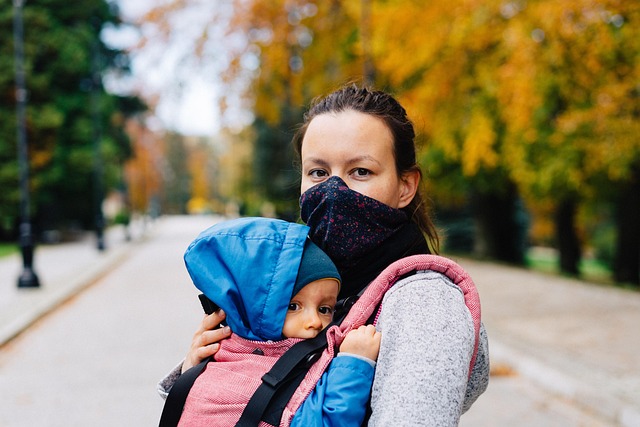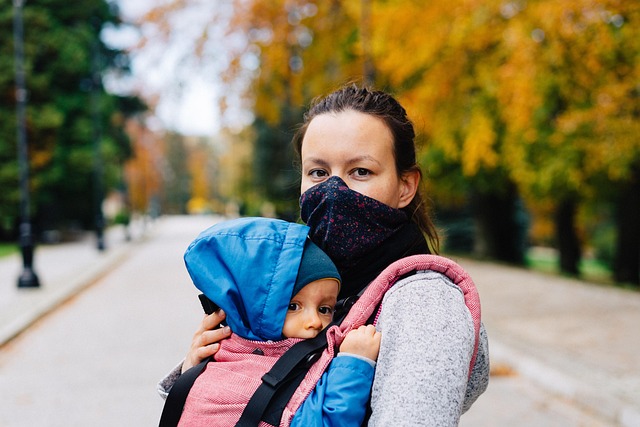In Oregon, particularly within Lane County, child welfare disputes and parental rights are governed by a complex interplay between the Department of Human Services (DHS) offering child protective services, and Oregon's family law recognizing parental decision-making rights. When child safety is at risk, DHS intervenes, collaborating with legal professionals, social workers, and advocates to balance child protection and familial connections. Lane County child advocacy groups provide crucial support, guiding parents through the legal process, ensuring their rights are protected under Oregon family law while navigating DHS child welfare cases. This holistic approach considers both immediate and long-term impacts on children and families, promoting fairness and stronger family bonds.
In the intricate landscape of child welfare disputes, safeguarding parental rights is an indispensable component for fostering secure family dynamics. This article explores the delicate balance between ensuring child safety and preserving the fundamental legal rights of parents. We delve into various aspects, including the role of DHS in child welfare cases, the supportive initiatives of Lane County Child Advocacy, and the intricate navigation of Oregon Family Law alongside Child Protective Services. Discover practical legal strategies and resources designed to protect parental rights during these challenging proceedings.
- Understanding Parental Rights and Child Welfare Disputes
- The Role of DHS in Child Welfare Cases
- Lane County Child Advocacy: Supporting Parental Rights
- Navigating Oregon Family Law and Child Protective Services
- Protecting Parental Rights: Legal Strategies and Resources
Understanding Parental Rights and Child Welfare Disputes

Parental rights and child welfare disputes are intricate legal matters that demand a nuanced understanding of both family law and the specific state’s regulations. In Oregon, including Lane County, child welfare cases often come under the jurisdiction of the Department of Human Services (DHS), which provides various child protective services. These cases can arise from a variety of situations, such as neglect, abuse, or substance abuse issues within a family. The goal of child welfare legal services is to ensure the safety and well-being of children while also recognizing and protecting parental rights.
Understanding parental rights is crucial in these disputes. Oregon’s family law recognizes that parents have a fundamental right to make decisions regarding their children’s upbringing, including medical care, education, and religious beliefs. However, when there are concerns about a child’s safety, the state may intervene. In DHS child welfare cases, the court must balance the need to protect the child with the preservation of parental rights. Lane County child advocacy groups play a vital role in supporting families and ensuring that their legal rights are protected throughout these challenging processes.
The Role of DHS in Child Welfare Cases

In child welfare disputes, the Department of Human Services (DHS) plays a pivotal role in ensuring the well-being and safety of children while also upholding the parental rights protection under Oregon family law. DHS provides essential child welfare legal services, including investigations and case management for Lane County child advocacy. Their primary objective is to keep families together when possible while adhering to the stringent requirements of the child protective services law.
In these cases, DHS works collaboratively with various stakeholders, such as attorneys, social workers, and advocates, to navigate complex Oregon family law issues. They strive to balance the need for intervention when a child’s safety is at risk and the desire to preserve familial connections. The Lane County child advocacy approach emphasizes the importance of a holistic view, considering not just the immediate circumstances but also the long-term impact on both the child and the family.
Lane County Child Advocacy: Supporting Parental Rights

In the complex landscape of child welfare disputes, especially those involving DHS child welfare cases, Lane County Child Advocacy stands as a beacon for parental rights protection. This organization provides crucial legal services tailored to Oregon family law, ensuring parents are equipped with the knowledge and support they need to navigate these challenging situations. By offering specialized assistance, they empower families to understand their rights and actively participate in the decision-making processes that affect their children’s lives.
Lane County Child Advocacy recognizes that child protective services laws can be intricate and often confusing for parents. Their mission is to simplify this process by offering clear guidance and representation. They work tirelessly to safeguard parental rights, ensuring every parent has an equal opportunity to advocate for themselves and their children within the legal framework of Oregon family law. This proactive approach not only fosters a fairer system but also strengthens the bond between families and their children.
Navigating Oregon Family Law and Child Protective Services

Navigating Oregon Family Law and Child Protective Services is a complex process that requires careful understanding of both systems. In Oregon, child welfare legal services are provided through the Department of Human Services (DHS), which handles DHS child welfare cases involving potential abuse or neglect. Lane County, for instance, boasts dedicated child advocacy programs to support families involved in these cases.
The parental rights protection in such disputes is a critical aspect governed by Oregon family law. This legislation aims to ensure that parents are treated fairly while ensuring the safety and well-being of children. Understanding the interplay between these two systems—child protective services law and Oregon family law—is crucial for all parties involved, including parents, guardians, and legal professionals in Lane County and beyond.
Protecting Parental Rights: Legal Strategies and Resources

In the intricate landscape of child welfare disputes, protecting parental rights is a cornerstone of ensuring fair and just outcomes. Legal strategies for safeguarding these rights involve a blend of Oregon family law, DHS child welfare cases regulations, and access to specialized child protective services law resources. One key approach is to engage with Lane County child advocacy organizations that offer legal assistance tailored to such sensitive matters. These services help parents navigate the complexities of the legal system, ensuring their voices are heard and their rights are upheld throughout the process.
Effective representation often requires a comprehensive understanding of not only state laws but also the unique dynamics of each family. Legal professionals specializing in these cases must advocate for parents’ rights to make decisions regarding their children’s well-being while also promoting the best interests of the child. This delicate balance ensures that, even in stressful DHS child welfare cases, parental rights are protected under Oregon law, fostering a more harmonious and just resolution.






